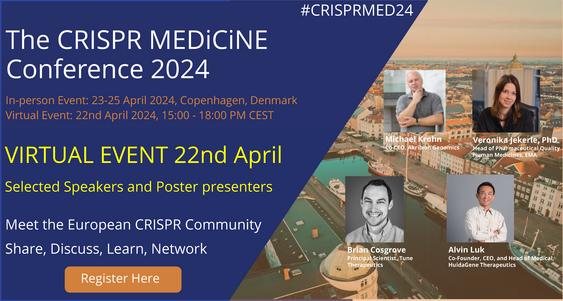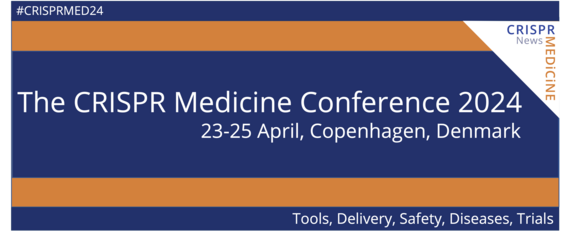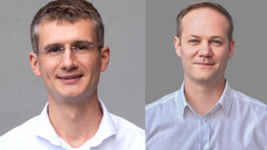Genome editing must be democratised, say leading scientists and practitioners
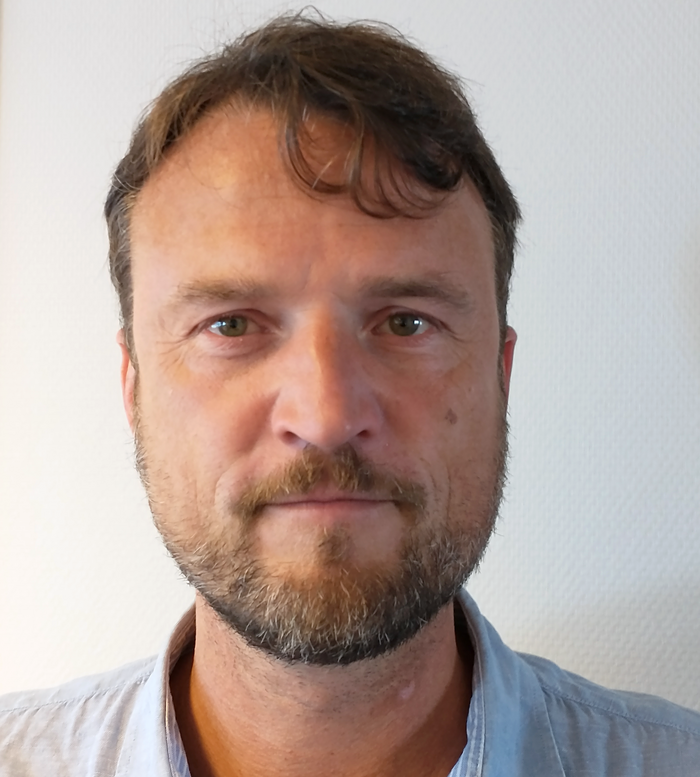
Deputy Director Bjørn Bedsted at the Danish Board of Technology is very clear in his message:
»Citizens around the world are going to live the consequences of the emerging genome editing technology, so it is only fair and reasonable that they should take part in deciding how it is practised,« he says.
Bedsted is a co-author on a Policy Forum paper published today in Science in which leading scientists and practitioners point to the need to establish a Global Citizens’ Assembly on Genome Editing. They propose an assembly with a minimum of 100 laypeople from around the world representing a broad range of nationalities, cultures, religions, income, gender and age that would meet over a week or more to discuss global principles for the regulation of genome editing.
The assembly should be presented with balanced information from experts and advocates and then deliberate among themselves before producing a report with key concerns and recommendations. The discussions should address international rather than national issues and shed light on cross-border concerns.
Such cross-border concerns could include gene-editing therapies offered in a country with less restrictive legislation to customers from countries with tighter restrictions, or field testing in poor regions of therapies that are developed in rich countries. Moreover, it could be debated how limited resources are allocated between applications that benefit a small number of relatively wealthy people (e.g. Lyme disease) or a large number of poor people (e.g. malaria).
A Citizens’ Assembly Can Lead to Trust and Shared Interests
»The point of citizen engagement is not that citizens should make decisions that are then implemented in legislation. Citizen engagement should be seen as a supplement to representative democracy and an effort to give lay citizens a voice in decision making that can effectively supplement that of experts and stakeholder organisations,« says Bedsted.
The intension is not to activate citizens to block new technologies but to discuss the many dilemmas and trade-offs they imply and assess these against potential benefits. The assembly could, e.g., suggest the use of a specific technology under certain conditions, for instance where it causes no harm to the environment or human health.
In the Science paper, the authors argue that public participation in regulatory decisions can secure citizens’ confidence in genome editing and its applications. The moral and technical issues of the technology are hard to understand, so most laypeople may find it difficult to form a well-considered opinion.
They have to rely on experts such as scientists and health care professionals or activists who all have well-established views that might be perceived as embedded in specific interests. This can lead to distrust and confuse the debate. A citizens’ assembly, however, can productively bridge the scientific and lay knowledge so experts can learn from the broader public and vice versa.
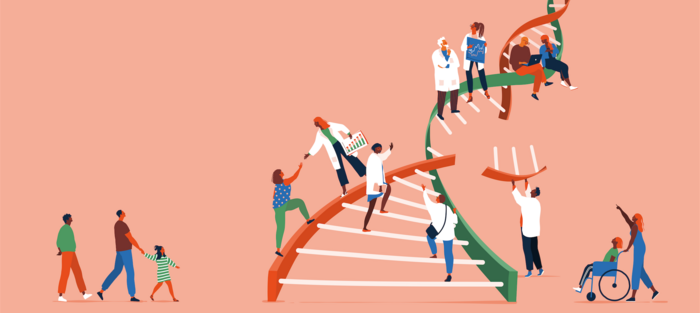
Citizens are just as competent as experts
The idea of citizens’ deliberative engagement is well-established, and the Danish Board of Technology has organised dozens of such processes, both in Denmark and internationally. The list includes several global citizen consultations, branded as World Wide Views, at the UN climate conferences (COP) in 2009 and 2015 and the biodiversity COP in 2012, as well as a forthcoming citizen assembly on climate policies in Denmark. Bedsted is not afraid that laypeople will be carried away with opinions based on beliefs rather than facts:
»Citizens are both rational and emotional, just like scientists and politicians. When presented with different facts and opinions, they are perfectly able to come up with principles, guidelines and recommendations for how to govern complex technologies,« Bedsted explains.
»In some ways, they might even be better positioned to do so than scientists with their research priorities or politicians that lack the time and space to get a complete overview of the different positions in an ongoing debate about controversial technologies.« Indeed, the Science paper points out that one »should take care that powerful framings - such as the idea that technical expertise is more important than local knowledge - are not taken as given, and are open to challenge.«
Failing to Address the Public Voice is not Democratically Just
Though the assembly will have no legislative power, it will be more than just a box to tick so governments can prove they have listened to the public. The assembly’s final report should contain actual suggestions for decision-makers and stakeholders and set the focus for public debate or push existing discussions into new directions.
All in all, this could help governments identify and address potential conflicting issues and be a valuable contribution to start defining the framework for international rules on genome editing. The Danish Board of Technology has good experiences from similar citizen assemblies on genome editing technologies that have helped frame and shape the societal debate in Denmark, says Bedsted:
»It is a way to introduce a missing voice in a debate, that might not even be going on, and failing to do so is not democratically just.«
The Global Citizens’ Assembly on Genome Editing is headed by John Dryzek from the Centre for Deliberative Democracy and Global Governance at the University of Canberra, Australia. The idea was envisioned last year with Emmy Award-winning documentary production company Genepool Productions.
Soon after, they started to team up with several other global partners, including several universities, the Danish Board of Technology, and the Wellcome Genome Campus which also hosts the Wellcome Sanger Institute. The project is now reaching out to attract more partners and to raise funding, and the present Science paper aims to gain scientific support for the idea of a citizens’ assembly on genome editing.
“Genome editing enables several potential applications in humans, food, agriculture and environmental conservation that are potentially controversial”Bjørn Bedsted
The Outcome is Anticipated With Excitement
The assembly’s actual launch date has not yet been determined, partly because of the many uncertainties caused by COVID-19. What the output will be when the assembly is eventually carried out also remains an open question.
When asked asked if he believes that global citizens with different national, cultural, and religious backgrounds share common concerns regarding gene editing, Bedsted says:
»I really don’t know. This is also why this global assembly is so important.«
Link to the original article in Science:
Global citizen deliberation on genome editing
Tags
ArticleDebateInterviewPolicyDanish Board of TechnologyQuality ControlRegulationsStandards
CLINICAL TRIALS
Sponsors:
National Institute of Allergy and Infectious Diseases (NIAID)
